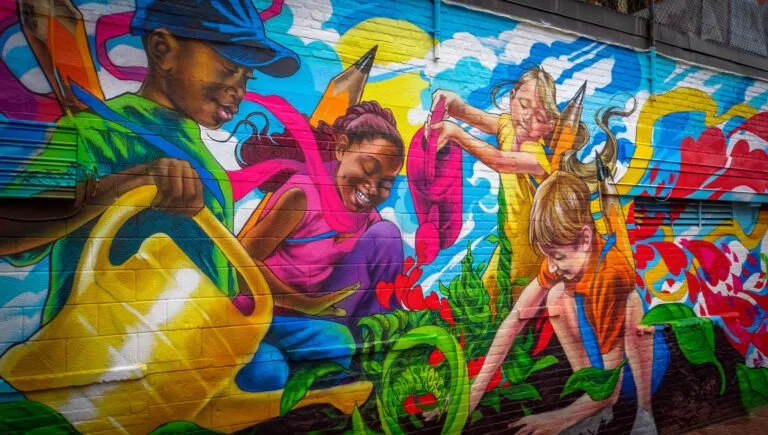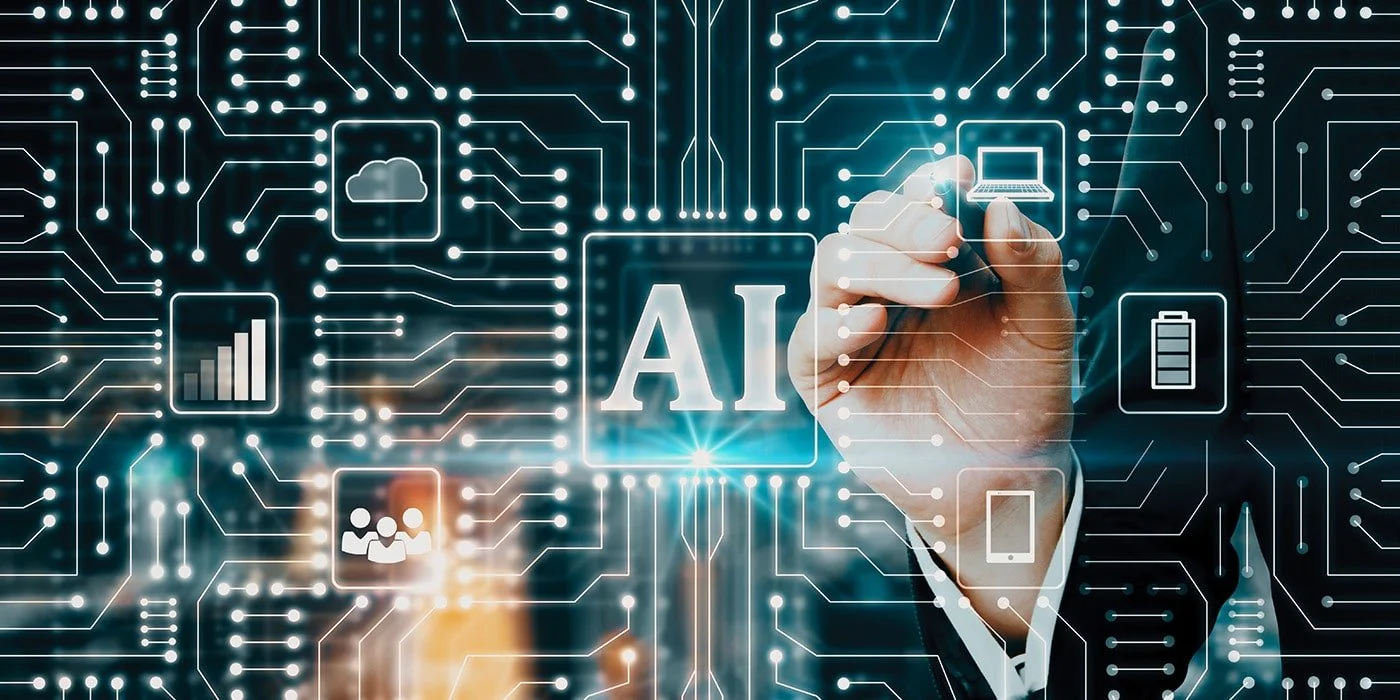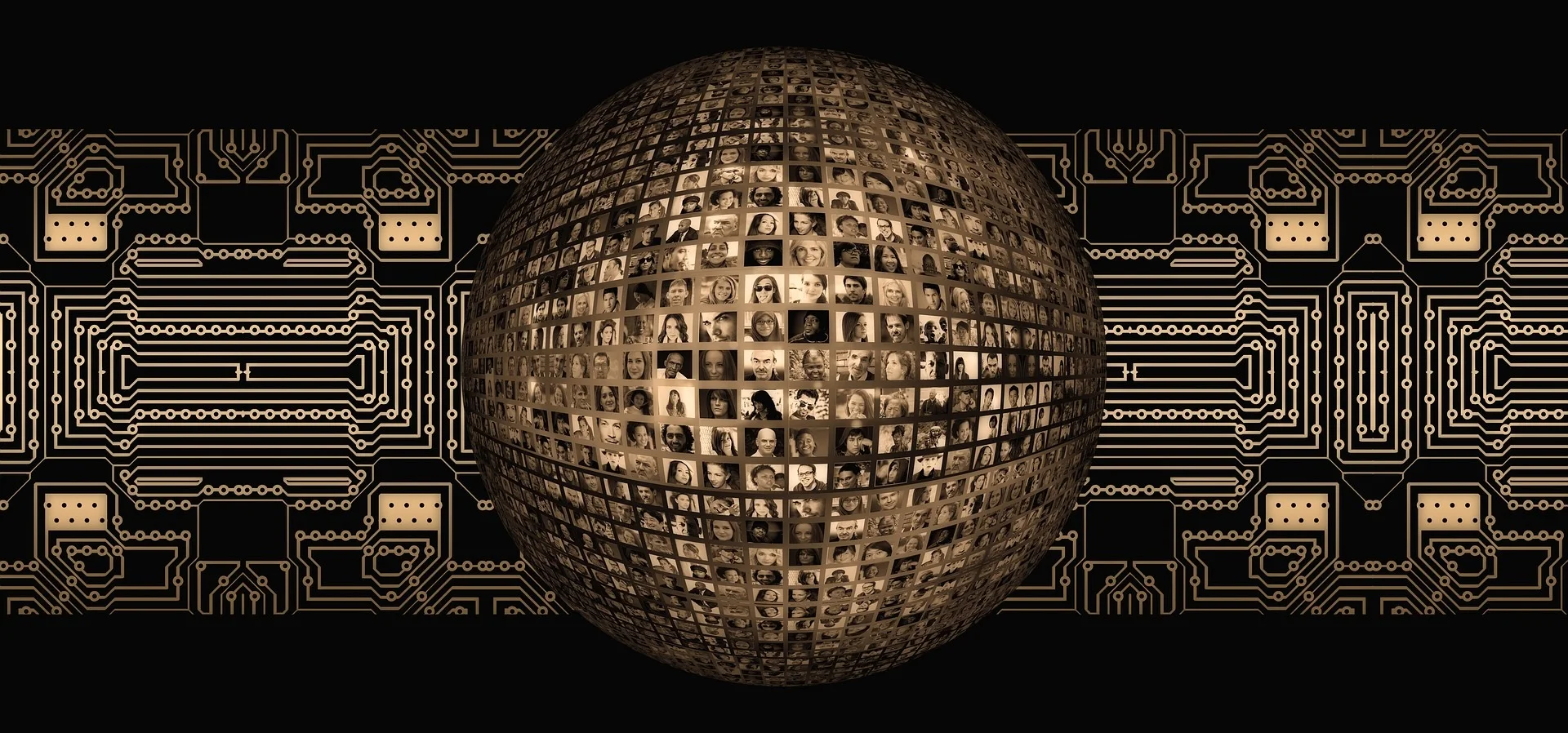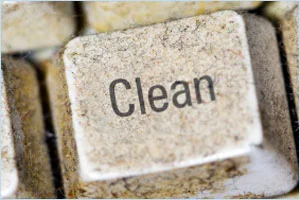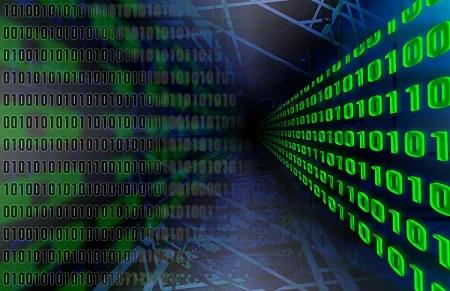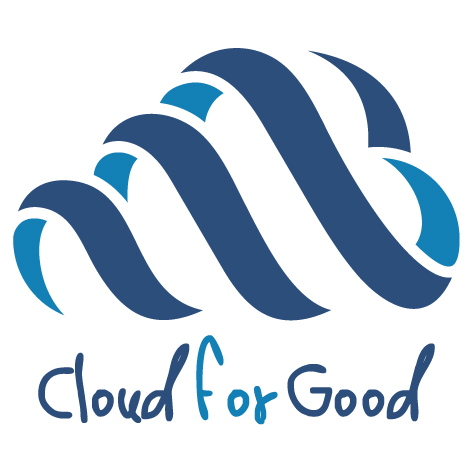If you work in your organization’s management systems, how often are you caught by data that you cannot trust? The degradation of data integrity typically comes from human error (entry of data or maintenance), formatting inconsistencies, collection processing errors or data field misalignment, or, for larger companies, data breaches. This article will help clarify how to create ecosystems for data integrity and the opportunity a strong data infrastructure provides for a data-ready future.
Digital Providers for Matching Gifts and Volunteer Matching
Fundraisers take note: it is estimated that four to seven billion dollars a year goes unmatched by nonprofit organizations. Eighteen million people around the globe have access to a matching gift program, and it’s been surveyed that one in every three people who donate would actually be willing to donate more if they knew their donation could be matched in the first place. Matching gift programs and volunteer grant programs are more inclusive of corporate employees because the causes that they feel personally motivated to donate to or volunteer with are recognized and rewarded by their employers. The digital marketplace for these opportunities is growing making it easier for nonprofits to find their match.
Integrating Social Media Data Into CRM Systems: Using Your CRM To Its Full Potential
This white paper explores the importance of integrating social media data into an organization’s CRM to improve Customer Knowledge Management (CKM). By increasing the information collected CRMs can be more effective, leading to greater efficiency and productivity. Learn how arts organizations can gather more data to better understand their customers by integrating social media into a CRM system.
It Isn't So Hard to Connect Social Media Data with Your CRM System
Blockchain Explained: Understanding the Technology and its Applications for the Arts, Part 1 of 3
Uninterrupted Research: Advancing the Digitization of Archives
Digital Humanities: Library of Congress Labs Opens Collections for Productivity and Play
Archives generally are expected to be places of preservation and documentation, as opposed to innovative research. However, the Library of Congress, America’s oldest archive, just recently unveiled a virtual laboratory space to promote experimental research and creative uses for their aged collections.
Creative Crowdsourcing: How the Smithsonian Turned Data Entry into Engagement
Museum collections, specifically archives, in arts and research institutions are frequently viewed negatively partially because their upkeep is expensive and complicated, taking over precious work-hours for an already overworked staff. The Smithsonian Institution's ongoing operation of a Digital Transcription Center demonstrates that this upkeep can be accomplished in a cost-saving and engaging way.
Back to Basics: Good Data Hygiene
Highlights of 2017 and a mini-preview of what is to come
Data Warehouse Cheat Sheet for Nonprofits
Jami Rutherford - How technology plays a key role in Arts Management
Jami Rutherford is a project manager with Cloud for Good, a Salesforce Consulting Partner and Certified B Corporation that helps nonprofits advance their mission via the Salesforce platform. Jami recently sat down with AMT Lab contributor Katie Grennan to discuss how she has seen technology impact the arts industry and what she feels the future holds for the increasing intersection points between the two.
#TBT: Database Systems in the Arts
Customer Relationship Management systems (CRM) are a vital element at the heart of many arts organizations. Databases can provide invaluable information to marketers, fundraisers, and box office staff alike. This week’s throwback takes a look at some of AMT Lab’s more popular interviews and features concerning CRM systems.
2015 Ticketing Software Survey Release
The AMT Lab researchers and editorial staff are proud to announce the release of the 2015 Ticketing Software Survey. After 3 surveys across 6 years, the research team is happy to announce that ticketing software systems are meeting most of the needs faced by arts institutions. Yet there are significant differences in feature use and perceived importance when analyzed across budget size, geographic area or discipline. In addition to deep analysis of the data, the report includes an appendix of every question and the raw data. Vendors and institutions will find this report useful for future decision-making and grant writing.
The Art of Data Management
This post, originally published on Analysis from TRG Arts, is the second in a series of blog posts sharing success stories and best practices to highlight the benefits of effective data management. Find the first post here.
Data isn’t about numbers. It’s about people. When analyzed, data tells stories about people and their actions. Right now, in your database, a story exists about the decisions that people in your organization make. And, a story exists for every patron, which chronicles their relationship with your organization.
A Data Management Love Story
This season at Dallas Theatre Center (DTC), a great love story unfolded; however, it was not presented on the stage. During a recent TRG Executive Summit, Managing Director Heather Kitchen shared a tale of romance which both inspired and invoked a bit of envy from the other participants. It was the story of her data manager and the two departments that loved her.
This post, originally published on Analysis from TRG Arts, is the first in a series by TRG’s VP of Data Services Steve Loyd addressing data management and how it can help organizations.
Free Open Access Database On Rhizome To Preserve Digital Art
Present vs. Future Return on CRM Selection: Lessons from the Pallas Theatre Collective
When adopting a CRM system, especially as a young organization, it is often better to enter the process with a view that focuses less on the expectation of immediate business returns and more on making an investment in the future. Indeed, even the implementation of a user-friendly system like Artful.ly or PatronManager will likely involve significant staff-hours to clean data, transfer files, and train users. During a recent series of interviews conducted with nano-nonprofit administrators either on the verge or in the midst of CRM implementation, ensuring that this huge productivity drain is a one-time occurrence and not a recurring nightmare emerged as a common concern.




